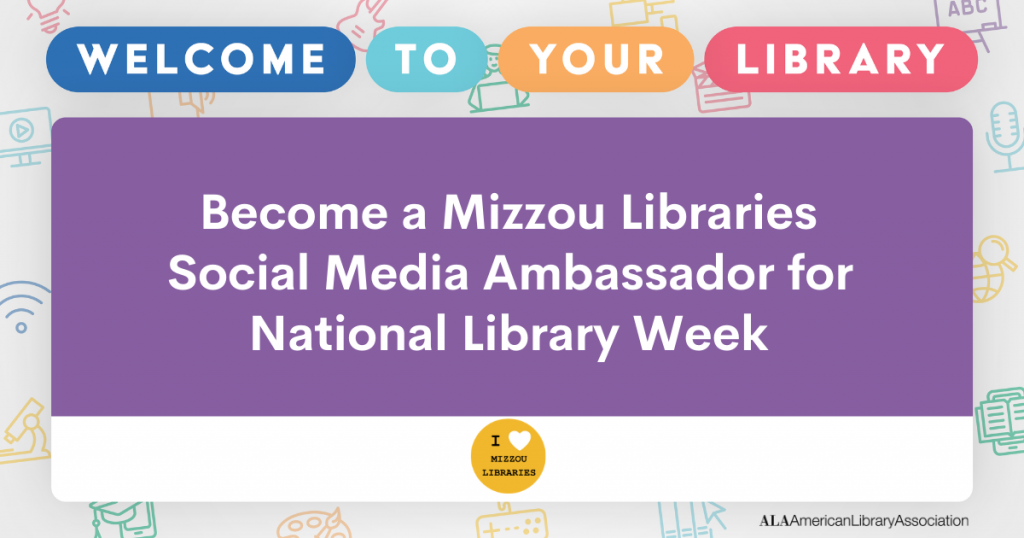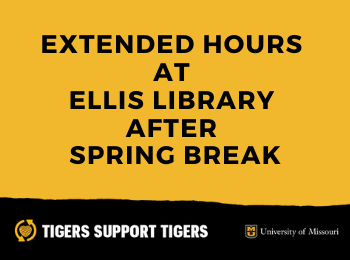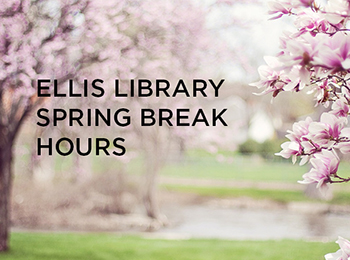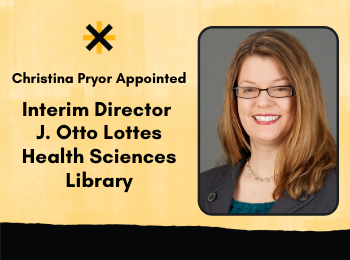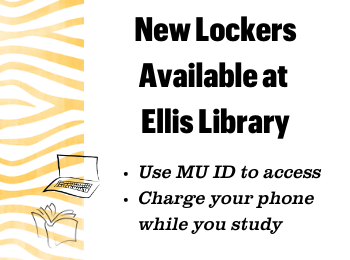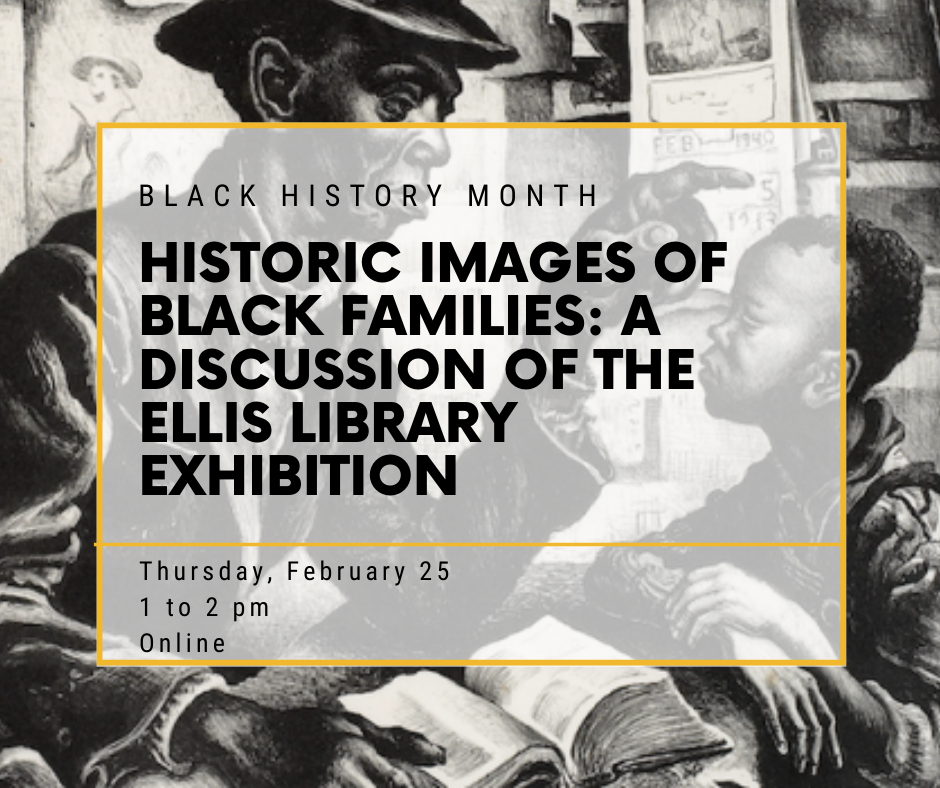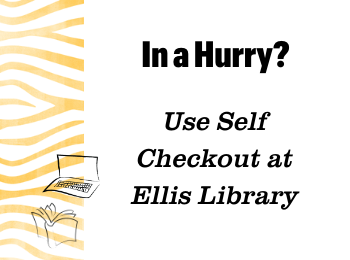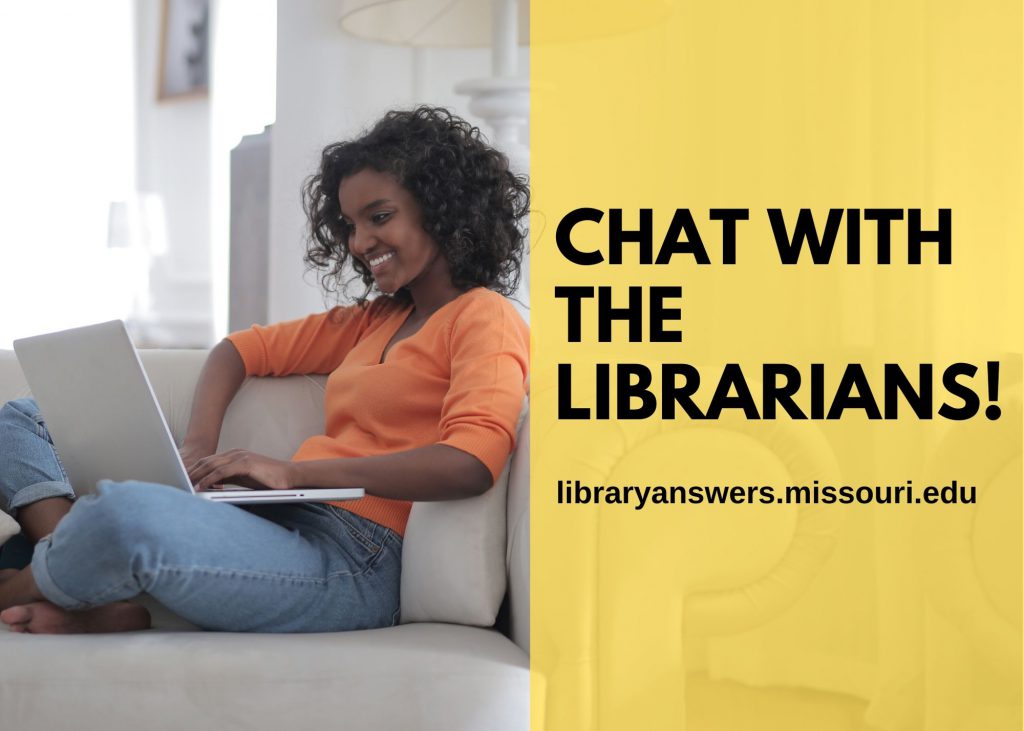Deadline for Submissions: Monday, February 1, 2021
The Missouri Affordable and Open Educational Resources Symposium invites you to share your research, ideas and best practices for using, creating or adapting A&OER.
Conference Theme and Schedule:
The theme of this year’s Symposium will be centered around the idea of CARE, an acronym for Collaborating and Adapting/Adopting Resources for Equity. We would like to explore how the A&OER community cares for others by advocating for accessibility and equity of materials. With many conference themes centered around Covid-19 and its impact on students and faculty, we thought we would take this concept one step further and explore how the use of A&OER can address the issues of unequal access to educational materials on college campuses that have become so apparent during the pandemic. This theme is inspired by the importance of using Affordable and Open Educational Resources as a means to champion social equity by ensuring accessibility of materials to all students.
The Symposium will be held virtually on March 3 – 5, 2021. Click here for more information.
Proposals:
We welcome proposals for presentations, breakout sessions, panel discussions, and roundtables from faculty, librarians, instructional designers, students, and any other educator or constituent involved in creating, using, or adapting Affordable and Open Educational Resources. Proposals should keep the conference theme in mind, however, you are encouraged to shape your proposed sessions to present your unique experiences with A&OER. We strongly encourage you to actively engage your session participants with a hands-on activity or by providing them with other material they can use.
Submission Details:
- The deadline for submissions is February 1, 2021.
- Proposals should include: a Title; Abstract (approximately 250 words); Audience Learning Outcomes; and Information for each speaker (name, title, institution, short bio, and email address)
- Proposals can be submitted here.
- Submissions will be evaluated on their relevance and ability to contribute to the best practices of using, creating, adapting, and adopting A&OER.
- The Symposium Planning Committee will notify presenters of their decision by February 15, 2021.
If you have any questions please contact Lindsay Schmitz, University of Missouri St. Louis, schmitzl@umsl.edu or Scott Curtis, University of Missouri Kansas City, curtissa@umkc.edu.
For more information on A&OER at MU visit the Libraries’ Open Educational Resources guide or contact Joe Askins, Head of Instructional Services at the University of Missouri Libraries.
